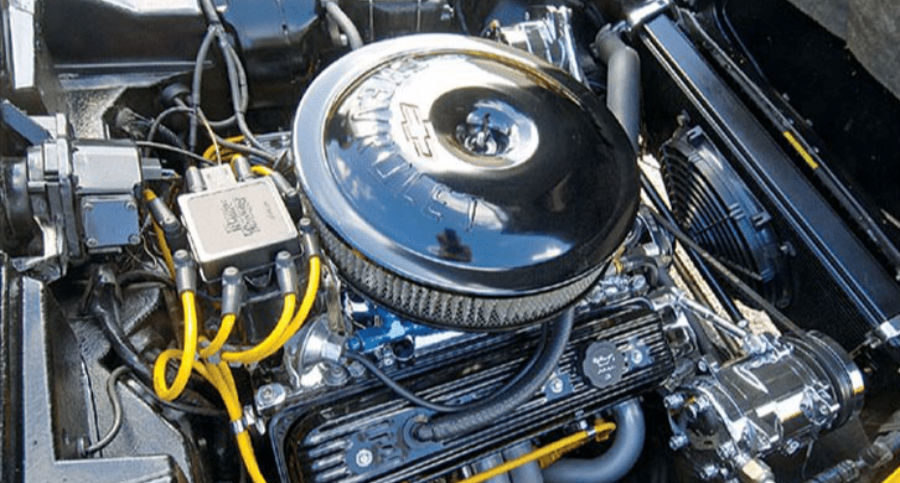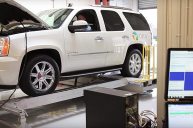The sound your vehicle's engine makes could reflect its health. A growl can be awesome, especially if you have a high-performance car.
However, if your family SUV roars like a Dodge Challenger, then it can be a different story. This is why it's important to listen to your engine regularly.
Get to know your car
Listening regularly will help you gain a familiarity with your vehicle. It will also help you identify changes that might occur, which, if caught early enough, could prevent larger issues from happening.
For the engine, you'll want to conduct several tests.
Start your engines
The first is to see how your vehicle sounds when you turn the ignition key. The best way to do this is to have the hood open while someone else starts the vehicle so you can be close by to inspect sounds.
If you notice a high-pitch whining, clicking noise, or something else that might seem off, it's a good idea to take your vehicle in for an inspection.

eBay
Conduct a quiet drive
After starting the vehicle, shut the hood and take it for a quiet spin.
During the trip, you'll want to pay close attention to how the engine sounds when accelerating, idling, and shutting off.
Red flag noises
When driving, here are some of the noises, smells, and behaviors that could signify your car has problems:
- The engine jerks: This could be many different issues from worn spark plugs to a clogged fuel filter. If you notice your engine stutters during drives, you'll want to take it into a reputable shop.
- Popping: This could indicate detonation, which occurs when gasoline ignites early in the combustion chamber of the engine's cylinders.
- Burning smell: A burning smell could signify there's a leak under the hood (oil or coolant.)
By listening to your car's engine regularly, it can help you determine when things change. And if you do notice changes in noise, performance, or smell, it's a good idea to have your car inspected as soon as you can.
Read More: Customize or Stock? What's the Best Way to Appreciate a Car?




